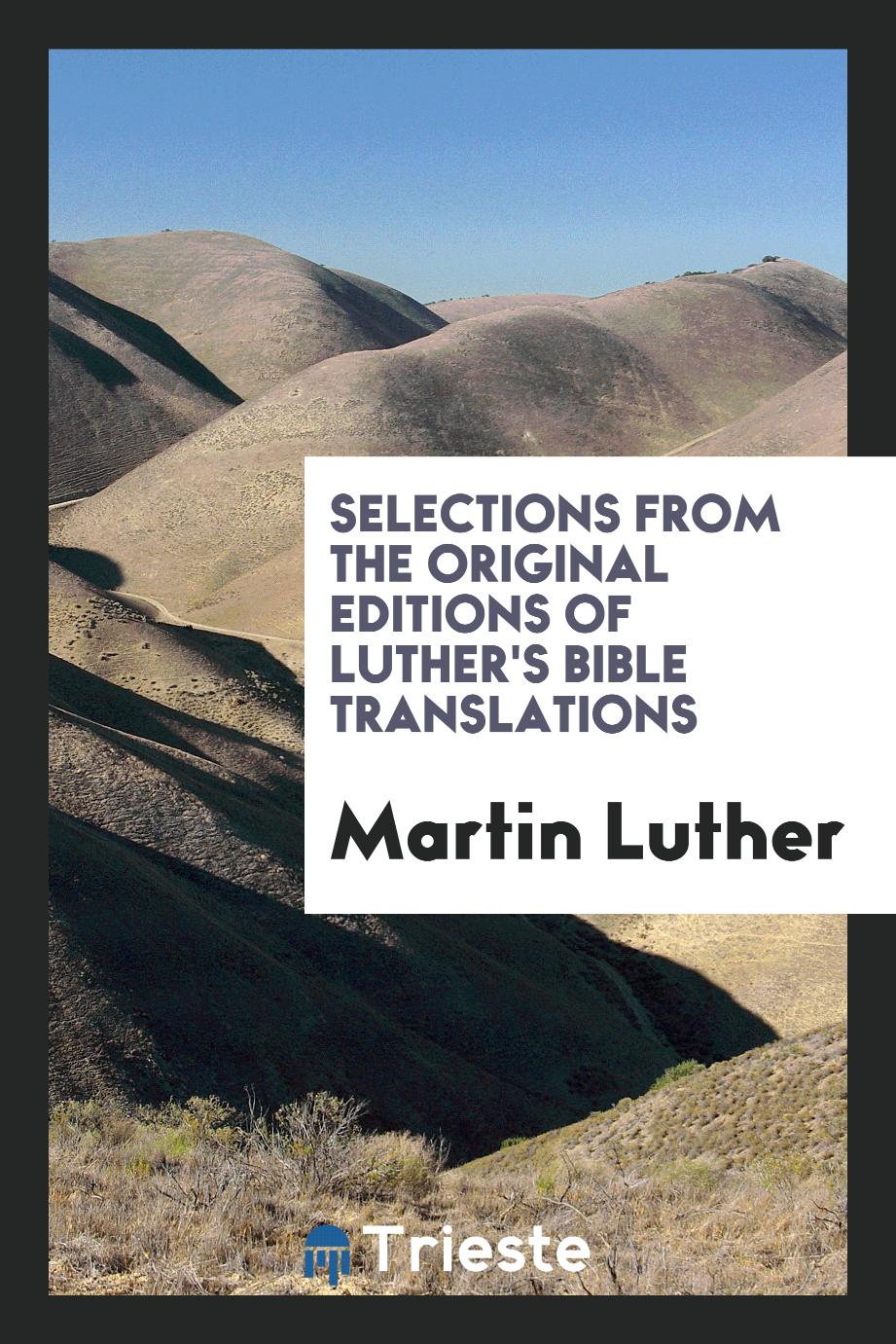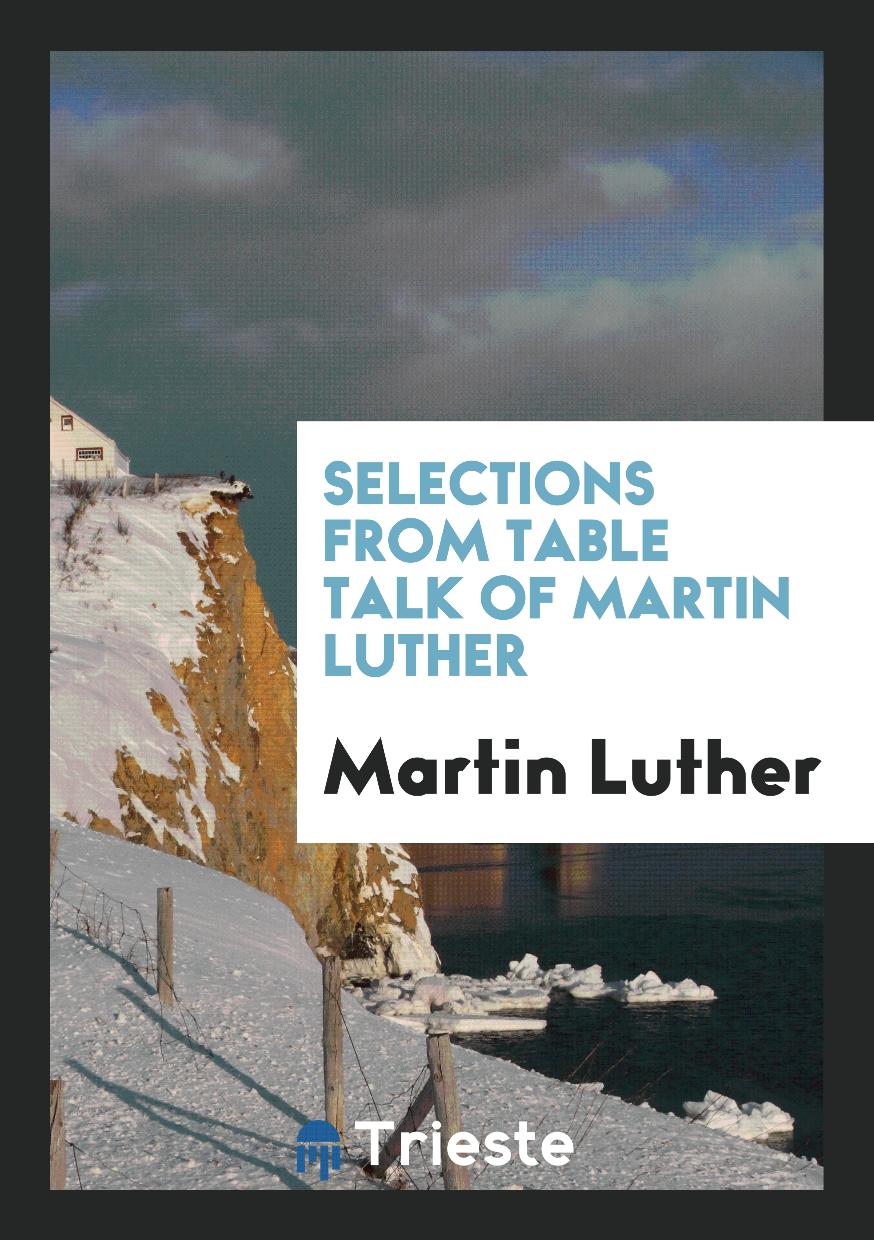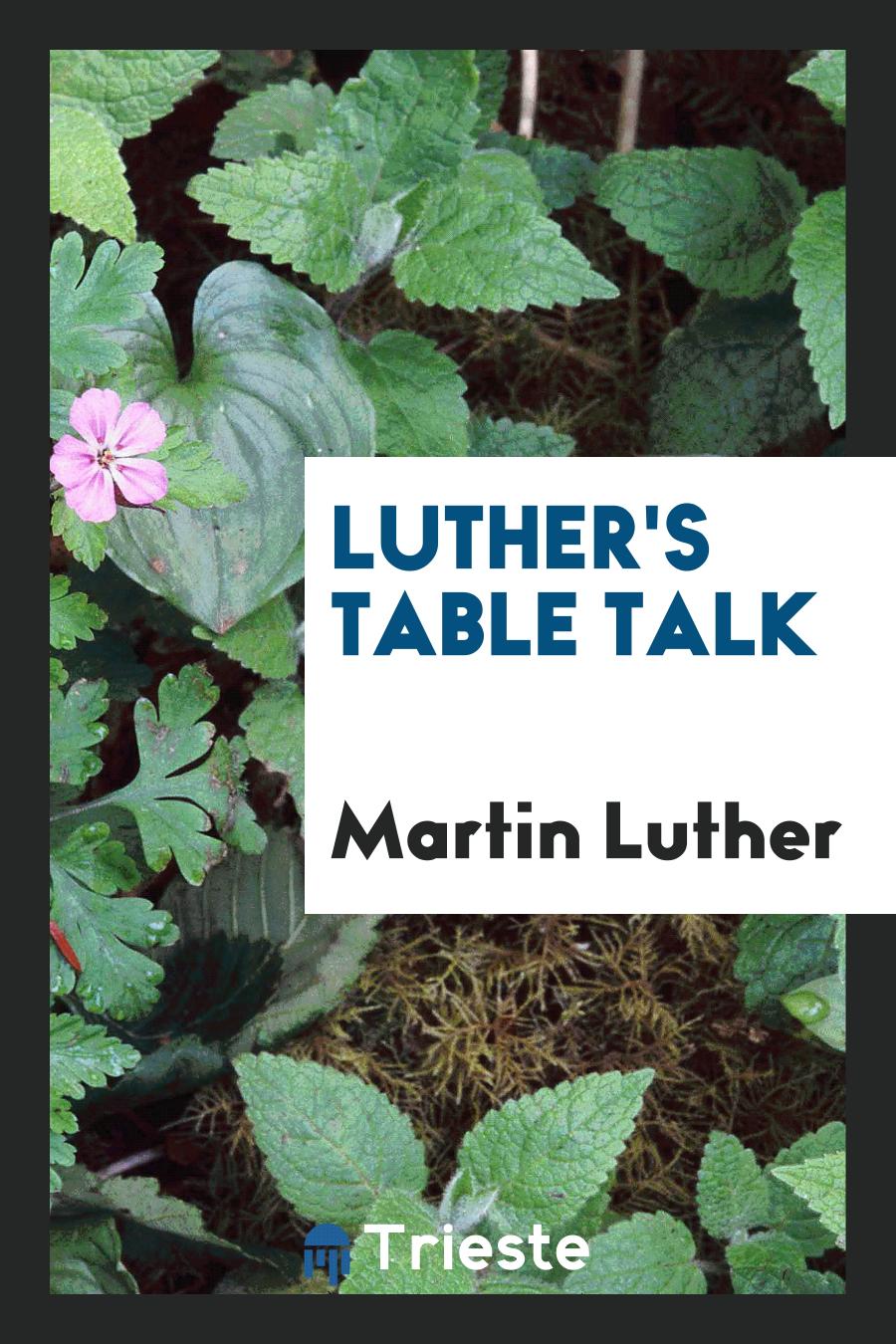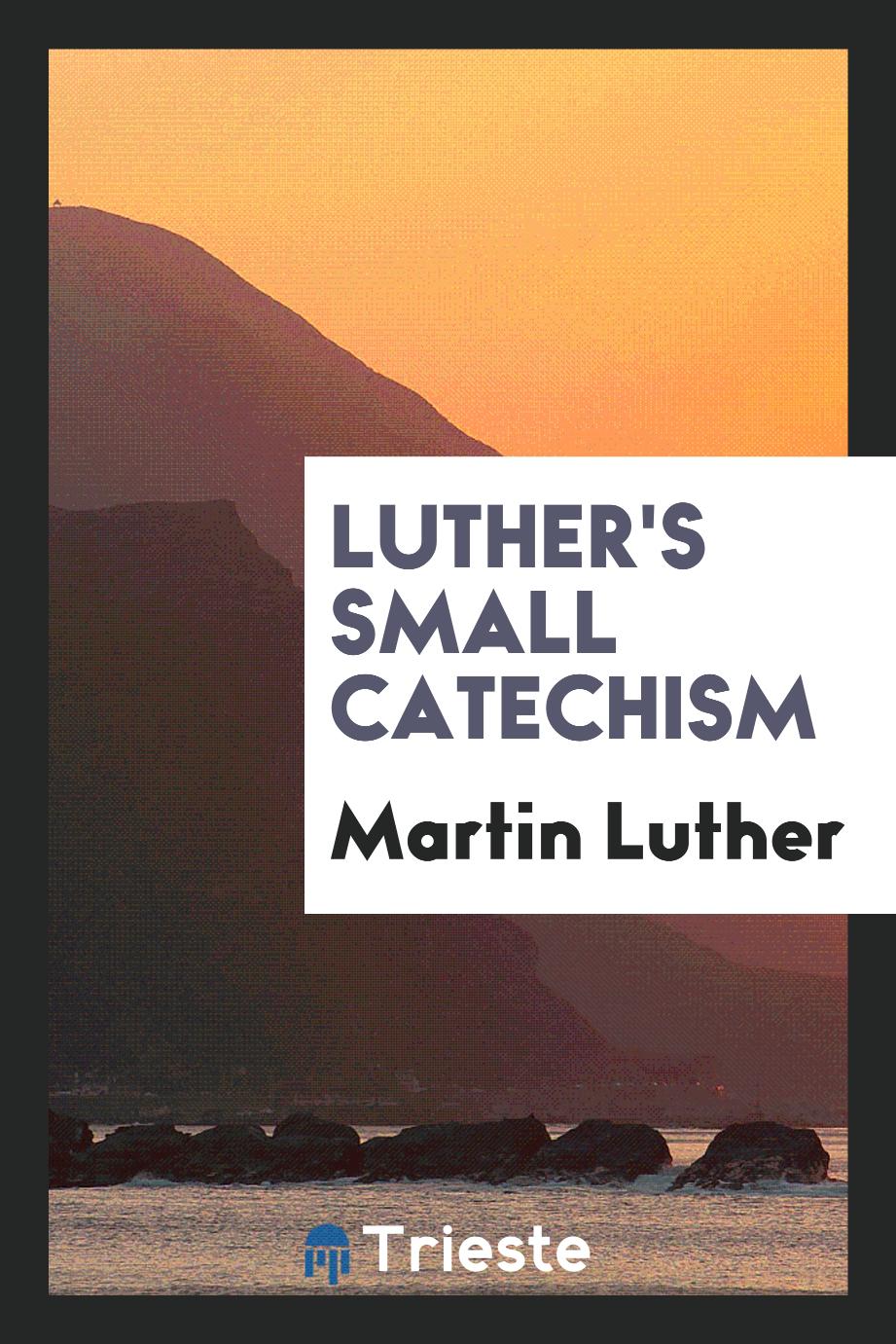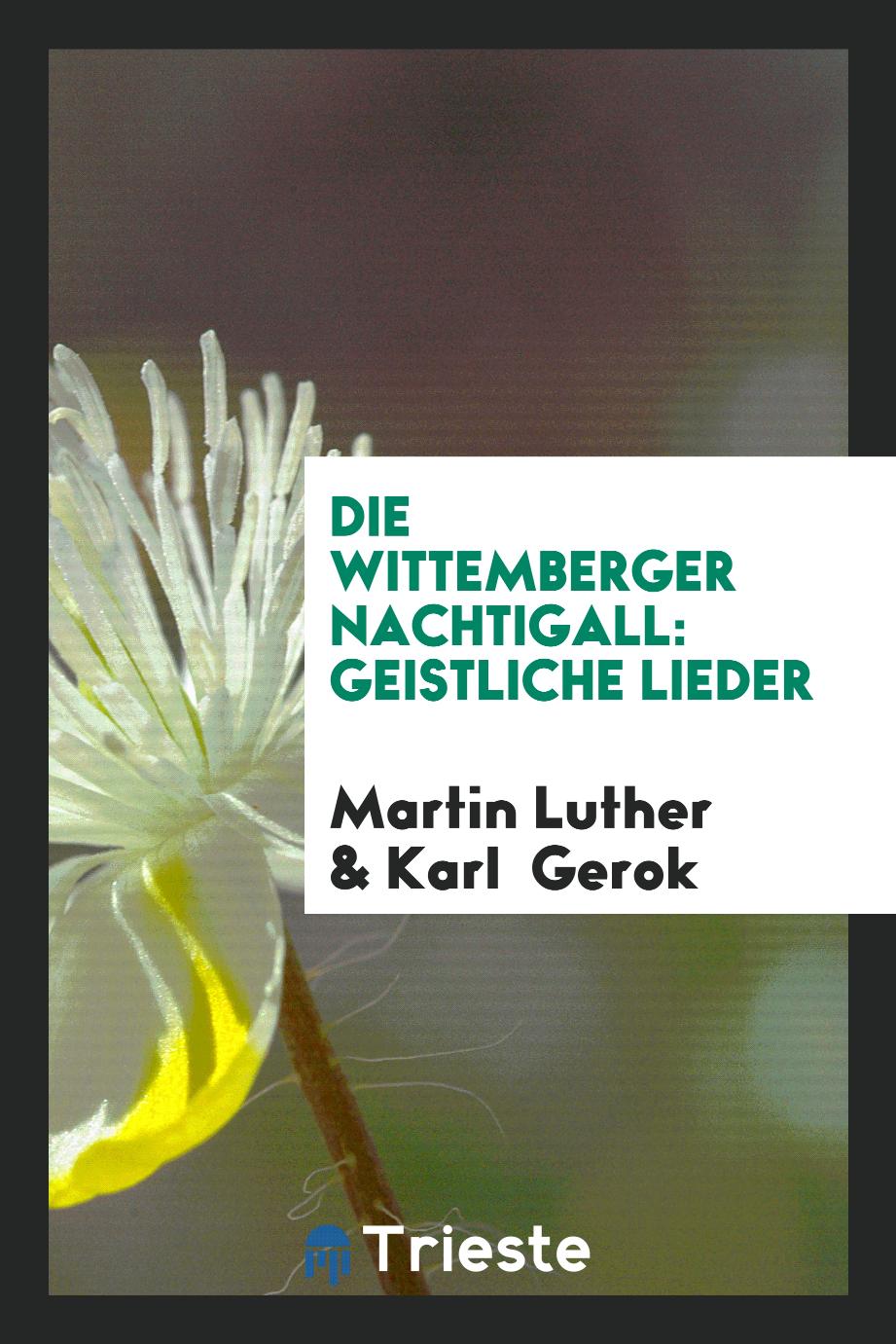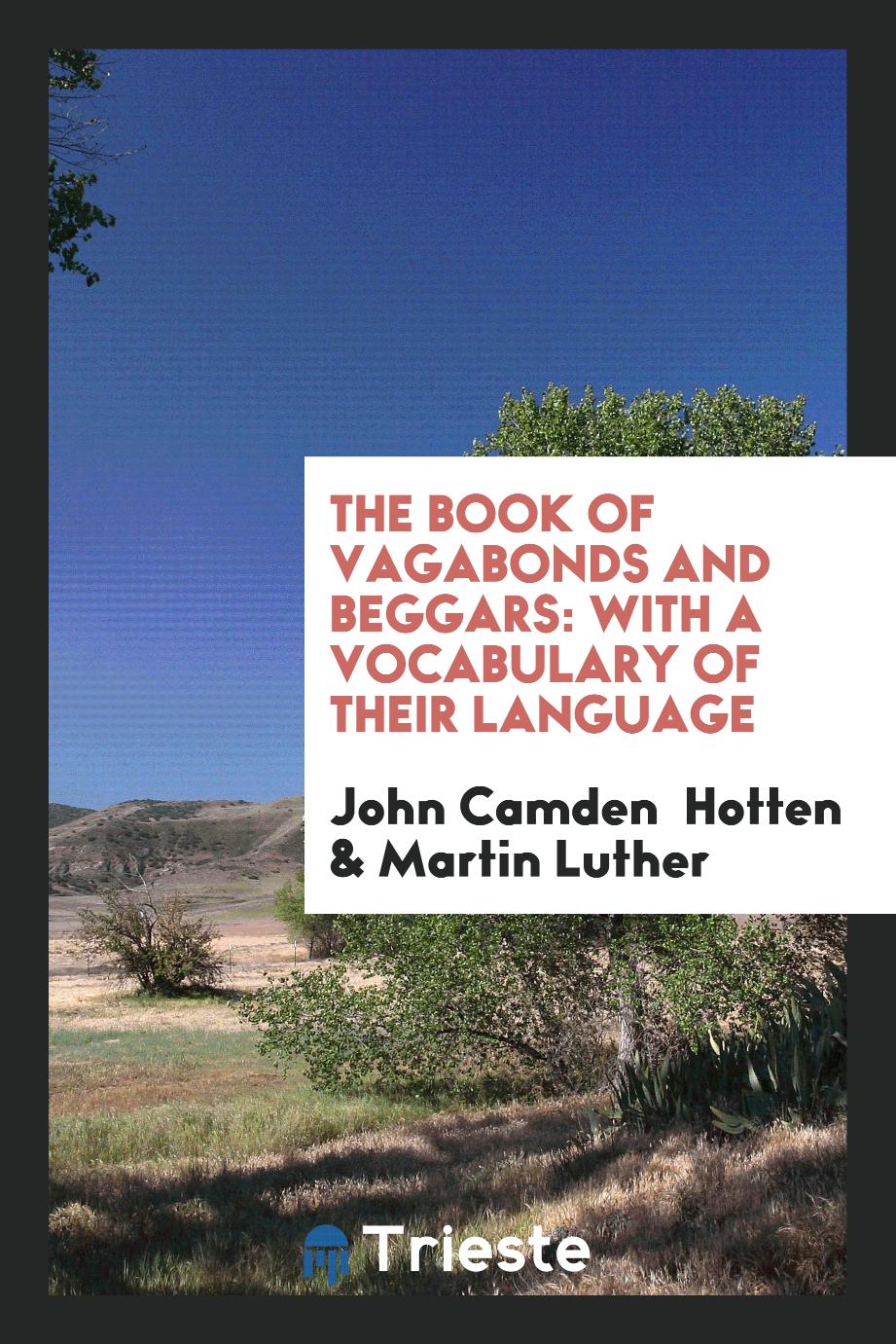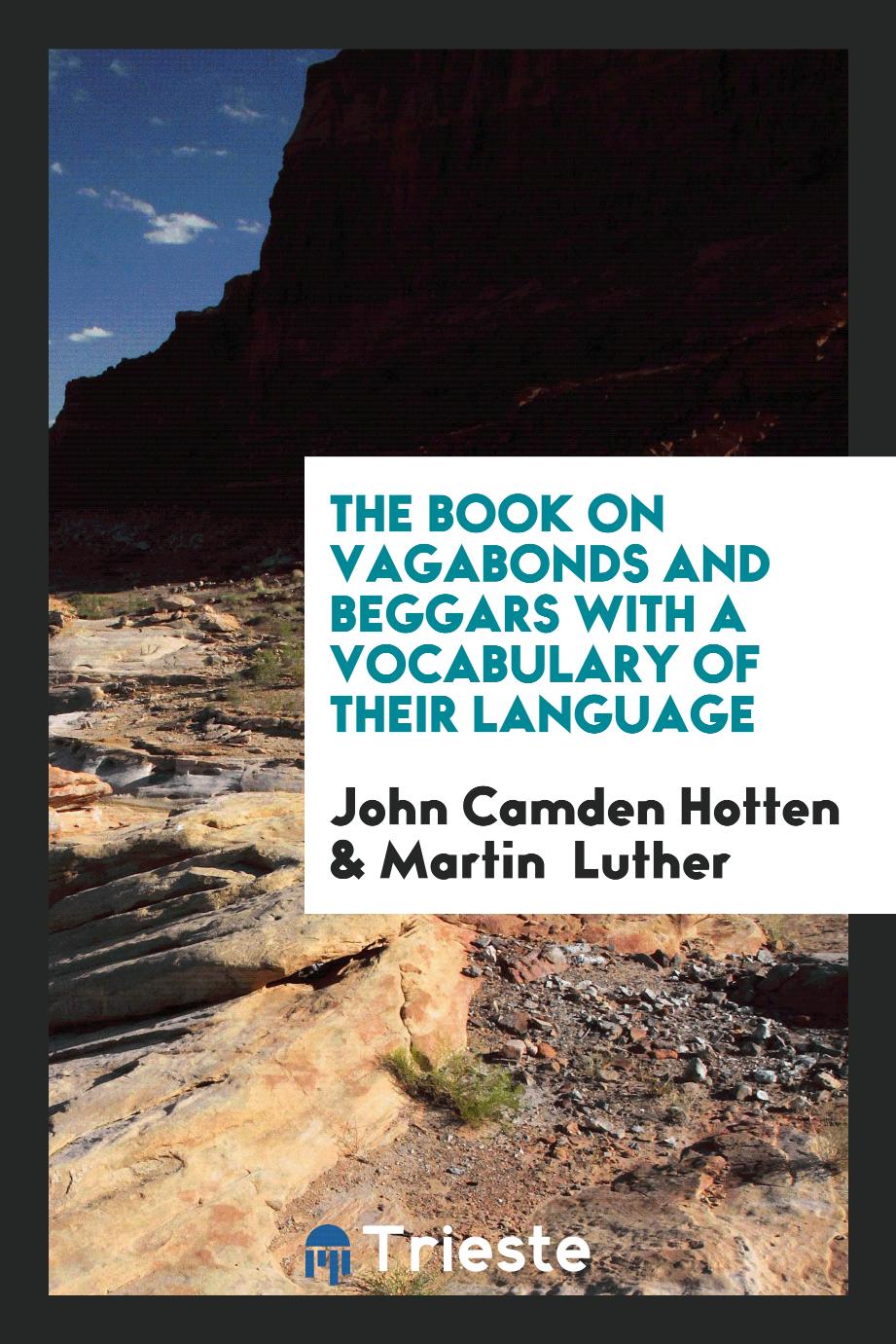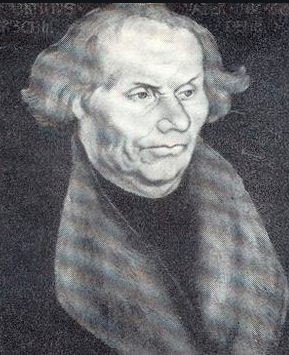
Martin Luther
Martin Luther was born in Wittenberg, Germany, on October 31, 1483. His father was a scholar of the humanistic tradition. Martin Luther attended the universities of Wittenberg and Erfurt, where he earned a doctorate in theology. He became a professor of theology at the University of Zurich in 1511 and attended the Council of Trent as a theologian from 1545-1563. The Early Years Luther’s early years were devoted to theology. He published his first book, the Large Catechism (1520) and his The Bondage of the Will (1526). However, these works failed to gain the attention of the Catholic church. Eventually, he turned to religious reform, publishing his 95 Theses in 1517. It was the first time the church condemned something as heresy. The Theses were met with great resistance by the church hierarchy and Luther was put under house arrest in 1521. However, he escaped and began publishing his theology again. Luther’s theology was mixed with radicalism, which was common at that time. He opposed the Catholic Church’s teaching on marriage and sexuality, as well as its view of the Trinity. Luther also argued that individual freedom was central to Christianity. He advocated for freedom of thought and freedom of speech, which is why he was called a heretic by the church. His ideas were widely debated among other Protestant groups, especially by John Calvin’s Calvinistic Church of Geneva—a position which resulted in Luther being excommunicated from Geneva in 1536. The Reformation The Reformation was a religious movement in Europe in the sixteenth century that led to the separation between Roman Catholicism and Protestantism. The movement began when Martin Luther, an educated German monk, challenged the Catholic Church’s authority. He challenged the Catholic Church, leaders at the time defended it, and ultimately his actions led to the separation of the Catholic Church from the Catholic Church. Martin Luther rose to great prominence in the German university system. He became a professor of theology at Wittenberg University in 1517. His challenge to the Catholic Church was primarily historical in nature, but he also made theological arguments based primarily on Scripture. Martin Luther was primarily concerned with reforming the Church in terms of theology, doctrine, and practice. He felt that all aspects of Christianity needed to be reformed. He created a new theology known as Protestantism based on the Bible alone, leaving aside any other sources of authority such as traditions or councils. Martin Luther also established a hierarchy of Biblical doctrines, with the Bible as the basis for life and doctrine and all other sources of information secondary. Martin Luther introduced a new view of sacred Scripture known as biblical hermeneutics.
